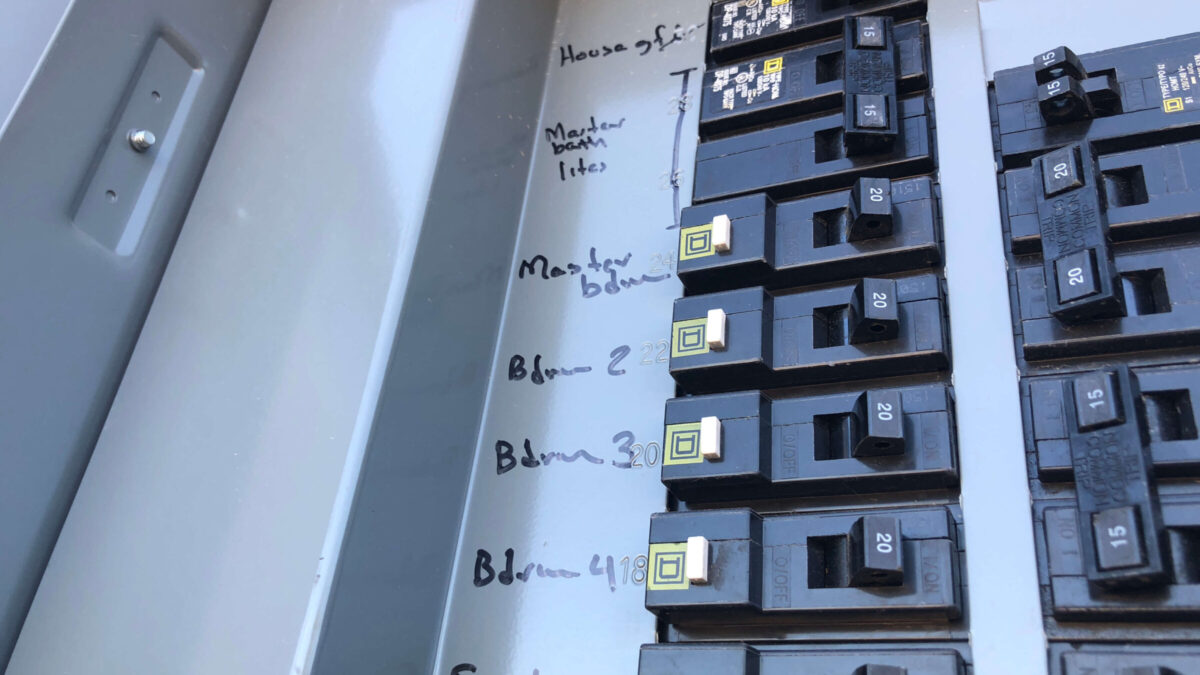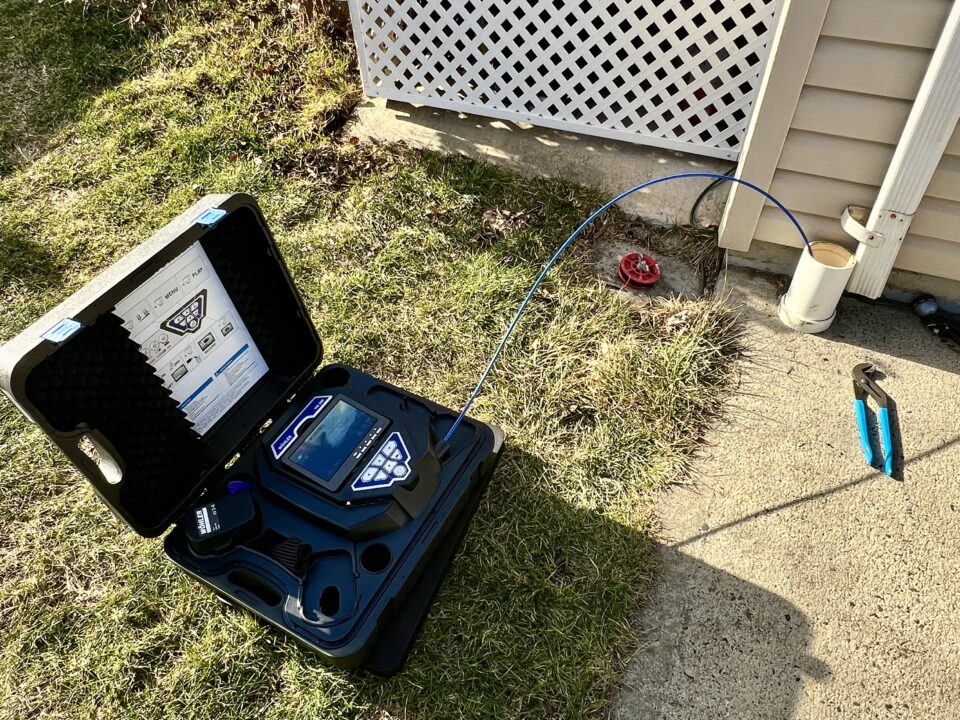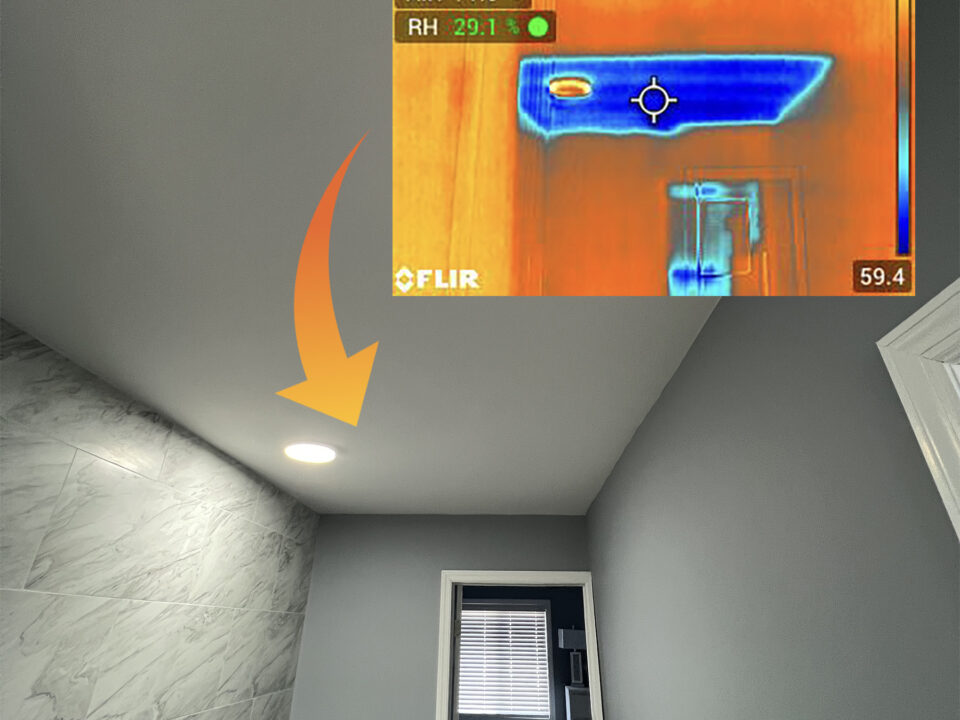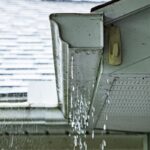
Seasonal Home Prep: Gutters, Downspouts, Drains, and Well Covers
September 28, 2024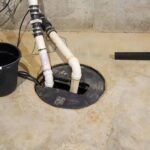
Safeguarding Your Basement: The Essential Role of Sump Pumps
November 17, 2024The Importance of Evaluating the Electrical Panel for New Homebuyers
When buying a home, every part of the property deserves a careful look—and the electrical panel is no exception. As the control center for a home’s power, the panel manages electricity distribution throughout the property. In our home inspections, we evaluate the electrical panel to help new buyers understand its condition and spot any potential issues that may affect safety or efficiency. Here’s what every homebuyer should know about this important part of the inspection process.
Why Electrical Panel Assessments Matter
During a home inspection, a detailed look at the electrical panel can reveal critical information about a home’s electrical system. Older panels, recalled brands, and outdated wiring are just some of the potential concerns. Knowing about these issues upfront helps new buyers understand any electrical limitations and plan for possible upgrades if needed.
Key Areas Home Inspectors Assess in Electrical Panels
As part of our inspections, we evaluate the electrical panel for any safety or functional issues that could impact the homebuyer. Here are some of the main things we check:
-
Outdated or Recalled Panels: Some older brands, like Federal Pacific, Zinsco, and Pushmatic, have been known for safety concerns such as faulty breakers or designs that may prevent them from tripping when needed. We check for these brands and advise buyers if a replacement should be considered.
-
Aluminum Wiring: Common in homes built between the 1960s and 70s, aluminum wiring was popular for its affordability but can present risks if not properly maintained. Aluminum wiring expands and contracts more than copper, leading to potential loose connections that can overheat. We look for this type of wiring and advise if further evaluation or replacement might be necessary.
-
Secure Wiring and Connections: We check that all wires are securely connected and appropriately sized for the circuit. Loose connections, incorrect wire gauge, or damaged wiring are all concerns that can lead to overheating, electrical arcing, and fire risks.
-
Breaker Function and Condition: Breakers are essential for controlling electrical flow, so we assess their condition and functionality to ensure they’ll operate properly if there’s an overload. Frequent tripping or worn, corroded breakers may suggest the need for an upgrade or repair.
-
Safe Fasteners and Screws: Improper screws, particularly those with sharp edges, can pierce or cut into wiring insulation, potentially causing sparks or short circuits. We make sure that all fasteners are specifically designed for electrical use to prevent these risks.
-
Labeling and Accessibility: Proper labeling on the panel makes it easy to locate and control individual circuits, which is essential for safety and maintenance. We also check that there’s sufficient clearance around the panel for accessibility.
Warning Signs for Homebuyers
Aside from our inspection, it’s helpful for new homeowners to know the signs of potential electrical panel issues. These include:
- Frequent tripping of circuit breakers
- Flickering or dimming lights when appliances are in use
- Unusual buzzing or crackling sounds from the panel
- Warm or discolored areas around the panel
- An outdated or recalled panel brand
Electrical Panel Checks Bring Peace of Mind
For new homebuyers, a thorough evaluation of the electrical panel as part of a home inspection brings peace of mind and a clearer understanding of potential electrical needs. Whether it’s a matter of safety or future planning, understanding the condition of the panel provides a more complete picture of the home’s overall health and functionality.
